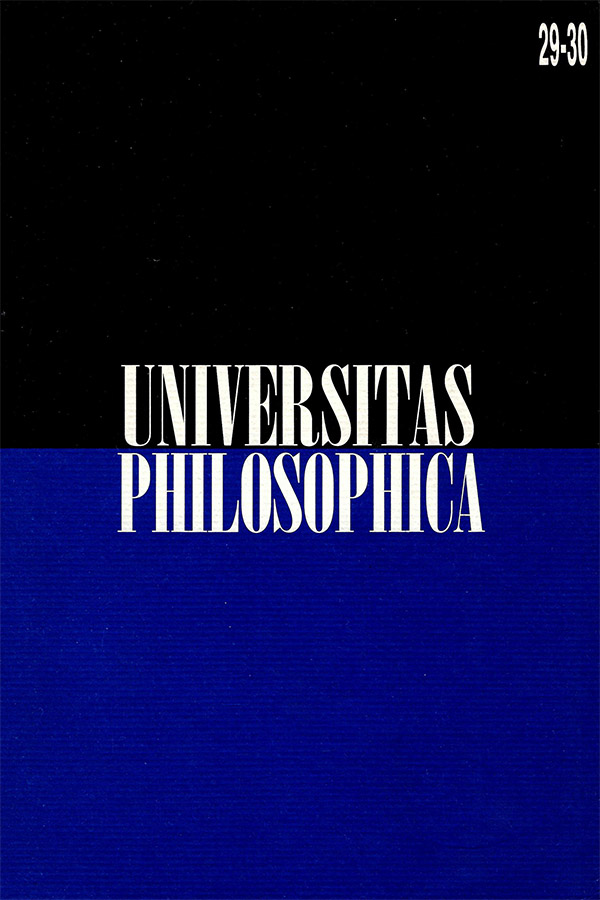Abstract
In The Fragility of Goodness. Luck and Ethics in Greek Tragedy and Philosophy, Martha Nussbaum studies significant ethical contents in poetic creation, especially in tragedy. Since there is an ethical dimension in every aesthetic fact and an aesthetic dimension in the ethical problem that is central for Nussbaum, the vulnerability of human excellence, she studies tragedy in the context of the great dilemmas of the fifth century b. C. By these means she enlarges the range of reflection both of ethics as of the understanding of the dramatic text. The purpose of these paper is to show how, taking the texts of the three great tragic poets of ancient Greece as starting point, Nussbaum defends her idea that the tragic conflict is an insoluble dilemma. It also points out the importance of her reinterpretation of aristotelian katharsis as an act of knowledge and not only of purification, and her analysis of the law of revenge as an answer to the vulnerability of human agreements. Finally, since Elizabethan tragedy constitutes one of the peak moments of the tragic in the Western world, this paper seeks to exemplify, following Nussbaum, the ideas of conflict and revenge in some of Shakespeare's tragedies, ideas that may contribute both to the understanding of Elizabethan theatre as to opening this theatre to ethical research.
This journal is registered under a Creative Commons Attribution 4.0 International Public License. Thus, this work may be reproduced, distributed, and publicly shared in digital format, as long as the names of the authors and Pontificia Universidad Javeriana are acknowledged. Others are allowed to quote, adapt, transform, auto-archive, republish, and create based on this material, for any purpose (even commercial ones), provided the authorship is duly acknowledged, a link to the original work is provided, and it is specified if changes have been made. Pontificia Universidad Javeriana does not hold the rights of published works and the authors are solely responsible for the contents of their works; they keep the moral, intellectual, privacy, and publicity rights.
Approving the intervention of the work (review, copy-editing, translation, layout) and the following outreach, are granted through an use license and not through an assignment of rights. This means the journal and Pontificia Universidad Javeriana cannot be held responsible for any ethical malpractice by the authors. As a consequence of the protection granted by the use license, the journal is not required to publish recantations or modify information already published, unless the errata stems from the editorial management process. Publishing contents in this journal does not generate royalties for contributors.


